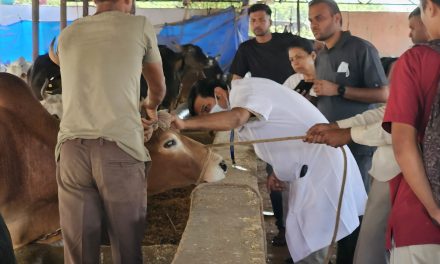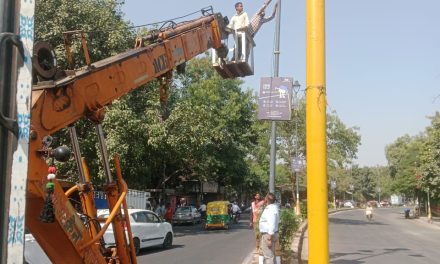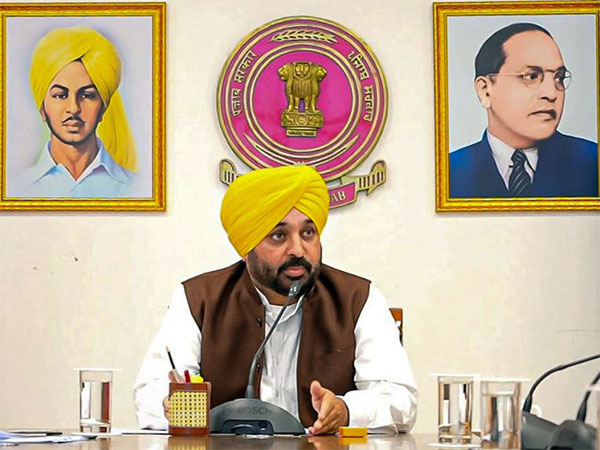Punjab Launches Mental Health Initiative for Inmates in State Prisons
In a major step towards reforming the prison system in Punjab, the state’s Minister of Health and Family Welfare, Dr. Balbir Singh, has introduced a comprehensive mental health intervention program aimed at addressing the psychological well-being of inmates. The initiative, launched with the full support of Punjab Chief Minister Bhagwant Mann, is designed to turn the state’s jails into centers of rehabilitation rather than just incarceration.
Dr. Singh, during a state-level event held at Municipal Bhawan in Sector 35, emphasized that this program is intended to offer critical mental health services such as screening, counseling, and referrals. Initially, these services will be provided in four key jails across the state—Ludhiana, Gurdaspur, Patiala, and Amritsar. These prisons, which house thousands of inmates, are seen as focal points for the program’s pilot phase.
Rehabilitation Over Punishment
Addressing the gathering, Dr. Balbir Singh stressed that the initiative reflects the government’s commitment to transforming prisons into places of reform, giving inmates a chance to address their mental health issues, many of which remain undiagnosed or untreated. He noted that mental health struggles among prisoners are a significant issue, contributing to a cycle of crime and recidivism.
“Incarceration should not only be about serving time; it should also be about giving individuals the tools to re-enter society as productive members. Many inmates suffer from mental health conditions, and without proper intervention, they are more likely to return to criminal behavior,” said Dr. Singh.
He further added that prisoners often experience high levels of stress, anxiety, and depression, which can exacerbate their existing issues. By focusing on mental health, the program aims to reduce these problems and provide a path for prisoners to rehabilitate themselves.
Program Details
The mental health initiative will follow a three-step process—screening, counseling, and referral. First, inmates in the selected prisons will undergo mental health screenings to identify those in need of further assistance. Once screened, they will be provided with counseling sessions by trained mental health professionals. In cases where prisoners require more specialized care, they will be referred to medical institutions equipped to handle such cases.
This marks a significant shift in how the state addresses mental health within the prison system. While previous efforts have focused primarily on physical health and vocational training for prisoners, the new program highlights the importance of psychological well-being as a critical aspect of rehabilitation.
Collaborations and Future Plans
Dr. Balbir Singh revealed that the initiative is being implemented in collaboration with mental health experts, NGOs, and rehabilitation specialists to ensure the program’s effectiveness. These organizations will provide both training and oversight to prison staff to ensure they are equipped to handle mental health issues that may arise.
The government also plans to expand the program to all prisons in Punjab in the coming years if the pilot phase in the initial four prisons proves successful. This expansion would include not only increased resources for mental health services but also a broader approach to prison reform, encompassing educational opportunities and skill development programs for inmates.
Response from Experts
Mental health professionals and prison reform advocates have welcomed the move, noting that it addresses a critical gap in the rehabilitation process. “Providing mental health services to prisoners is crucial for breaking the cycle of incarceration. By treating the underlying mental health issues, we can give these individuals a real chance at reform,” said one mental health expert.
The initiative, seen as part of the broader vision of Chief Minister Bhagwant Mann’s administration, is expected to pave the way for a more humane and rehabilitative prison system in Punjab.




